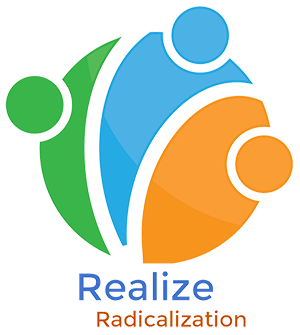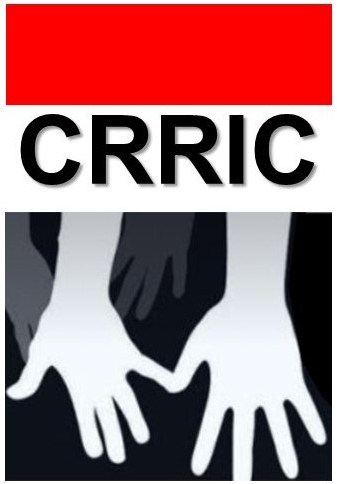[vc_row][vc_column][vc_separator css=”.vc_custom_1592076377183{padding-top: 15px !important;}”][vc_column_text]Residential schools in Canadian history are one that is characterized by deep-rooted trauma, abuses, and intense animosity. Whenever the story is told or the memories reminisced, it re-evokes fresh trauma, anger, and tears in the hearts of the Indigenous peoples and in a very personal way the survivors and their families. These residential schools were established by the Canadian government and handed over to the churches to run. As with any conflict, relationships are normally affected. In the case of residential schools, the relationships between the Indigenous people and the government, between the Indigenous people and the churches were/are badly damaged and affected. There is this animosity and anger from the Indigenous peoples against the government and the churches. In some Indigenous communities, church buildings have been set ablaze and the churches asked by the communities to leave.
In peacebuilding framework, reconciliation is a very important component in the whole process. Reconciliation is majorly all about re-building and building of relationships between the parties involved in a conflict. Without transformative reconciliation, there may not be sustainable peace, progress, and development. Given the above, there is urgent need for transformative reconciliation between the Indigenous people of Canada and the Canadian government and the churches. Since peacebuilding is a process of integrated roles, functions, and activities (Lederach, 1997, p. 23), reconciliation in its own framework for peacebuilding is a whole lot of a journey and activities. By reconciliation I mean that there are lots of things that needs to be done or take place as the conflicting parties move on the way towards reconciliation. Things like conversations/dialogue, truth, transformative justice, accountability, apology, healing activities/programs, and forgiveness ought to have taken place before a reconciliation that can produce enduring peace will be said to have take place. In the case of residential schools in Canada, one wonders why all the efforts made so far like series of apologies from the Canadian government and the different churches and the constitution of the Truth and Reconciliation Commission (TRC, 2010 – 2015) have not been able to achieve the most needed reconciliation between the Indigenous people of Canada and the Canadian government and the churches? The answer is very simple: these things which I pointed out that needed to take place on this journey towards reconciliation have not taken place or where they have taken place, they not properly done. Many people think that reconciliation that can lead to enduring peace is all about bringing two or more conflicting parties, persuade them to smile at one another and have handshakes and apologies rendered. Such reconciliation may not produce sustainable peace.
Reconciliation is never impossible; it may be challenging and difficult to achieve in some conflicts especially ones with traumatic legacies. Given the importance of reconciliation in peacebuilding and the need for the relationships between the Indigenous people and the Canadian government and the churches, there is need for the Indigenous people, government, the churches, and peace scholars to keep on discussing how to achieve transformative reconciliation. Hence, the need to participate in my webinar series titled “Revisiting the Issues around Residential Schools in Canada” which will be hosted by Conflict and Resilience Research Institute Canada (CRRIC) on October 17, 31, November 14, and 28 2021 @ 4pm Winnipeg time.
[/vc_column_text][/vc_column][/vc_row]



